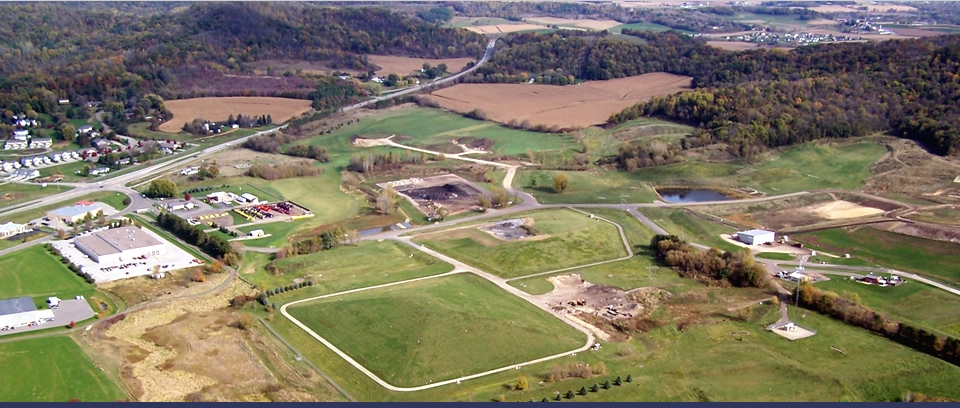Minnesota
Study: Minnesota among leading states in bee protection

ST. PAUL, Minn. (AP) — Minnesota ranks among the top states in the country for its work to protect declining bee and butterfly populations, according to a new study.
Damon Hall, an assistant professor at Missouri State University, examined every pollinator-related law that was passed by a state legislature between 2000 and 2017, Minnesota Public Radio News reported. Hall said Minnesota stood alongside California, Connecticut and Vermont as the country’s leaders in creating task forces and funding the study of insect pollinator health and conservation.
Minnesota has set up programs to fund pollinator research and increase pollinator habitat, he said. The state has seen a decline in habitats due to urban development, more intensive corn and soybean production and other issues.
“I have been telling people for years that Minnesota is doing more than pretty much any other state for pollinators, and so it’s exciting to see that that’s been substantiated,” said Willa Childress, a Pesticide Action Network organizer who lobbies in the state.
Former Gov. Mark Dayton established a committee in 2016 to oversee protections for pollinators and advise his administration on related policy.
Childress said the committee’s work has created relationships between diverse groups including farmers, beekeepers and environmentalists, which are helping move legislation forward.
Most of the policy responses to the decline of pollinator populations are coming from states, according to Hall.
He found that state lawmakers passed 109 pieces of pollinator-related legislation from 2000 to 2017, while Congress considered 31 bills over the same period. Only four bills passed in Congress, he said.
Childress said that while there are “strong measures being taken to increase habitat across the state,” Minnesota is still lagging on pesticides. She said the use of neonicotinoid insecticides, which are widely used and known to harm bees, hasn’t been addressed in the state.
Childress called it “frustrating because we’re at such a moment that if we’re not willing to act on the most controversial of the contributors to pollinator declines, we won’t be able to reverse them.”






